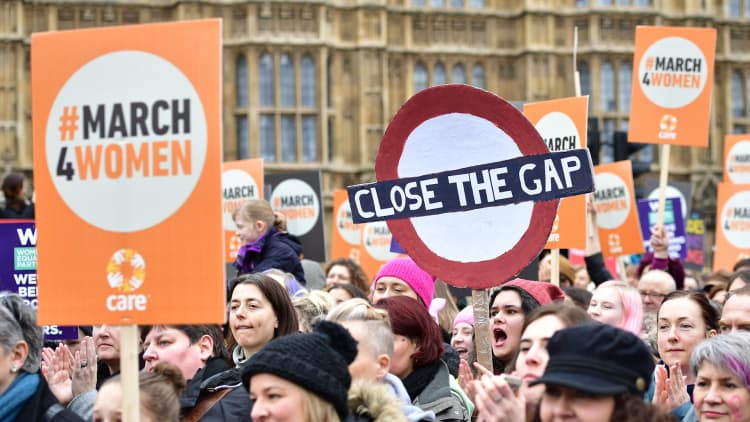A crowded field of candidates set the stage for a historic mayoral election in Chicago.
Lori Lightfoot, a former federal prosecutor, and Toni Preckwinkle, Cook County board president and chair of the county's Democratic Party, got the most votes of the 14 candidates in Tuesday's election, but neither received the majority needed to avoid a runoff, according to the Associated Press. A runoff will take place on April 2, and the winner will succeed Mayor Rahm Emanuel, who did not seek re-election.
Either candidate would make history as the city's first female black mayor. Lightfoot would also be the first openly gay mayor to lead the city. "I'm running for mayor to build a Chicago City government that represents and defends every person, no matter their race, gender or sexual orientation," she said in a statement.
Lightfoot has never run for elected office but served as chair of the police accountability task force to address allegations of police racism. She focused her campaign on police department reform, as Chicago continues to struggle with allegations of civil rights violations, as well as creating affordable housing options to help the city's struggling neighborhoods.
Lightfoot addressed the people who didn't expect her success on Tuesday, NBC Chicago reported: "So what do you think of us now?"
"This, my friends, is what change looks like," she added.
Preckwinkle, who has spent decades in Chicago politics, also campaigned on police reform. A former history teacher, she championed better public school education and supported a freeze on charter school expansion.
In her speech, Preckwinkle argued that while her opponent took appointments in previous administrations, "I fought the power elite who have been trying to hold this city back," the Chicago Tribune reported.
"It's not enough to stand at a podium and talk about what you want to see happen. You have to come to this job with a capacity and the capability to make your vision a reality," she said. "My entire career has prepared me for this moment."
Lightfoot thanked supporters for having the "courage to stand with our campaign against the machine," the Tribune reported, and highlighted her experience as an anti-establishment candidate breaking down barriers.
"It's true that not every day a little black girl in a low-income family from a segregated steel town makes the runoff to be the next mayor of the third-largest city in America!" she said.
Whoever takes the helm as mayor will grapple with big challenges, including Chicago's crime rate, a wave of allegations of misconduct against the police department and a widening wealth gap between corporations and poorer neighborhoods dealing with crime and gang violence.
"We may not yet be at the finish line, but we should acknowledge that history is being made," Preckwinkle told her supporters. "It's clear we're at a defining moment in our city's history, but the challenges that our city faces are not simply ideological. It's not enough to say Chicago stands at a crossroads. We need to fight to change its course."
Like this story? Subscribe to CNBC Make It on YouTube!
Don't miss: There's a gender pay gap for congressional staffers – and it's worse among Republicans



